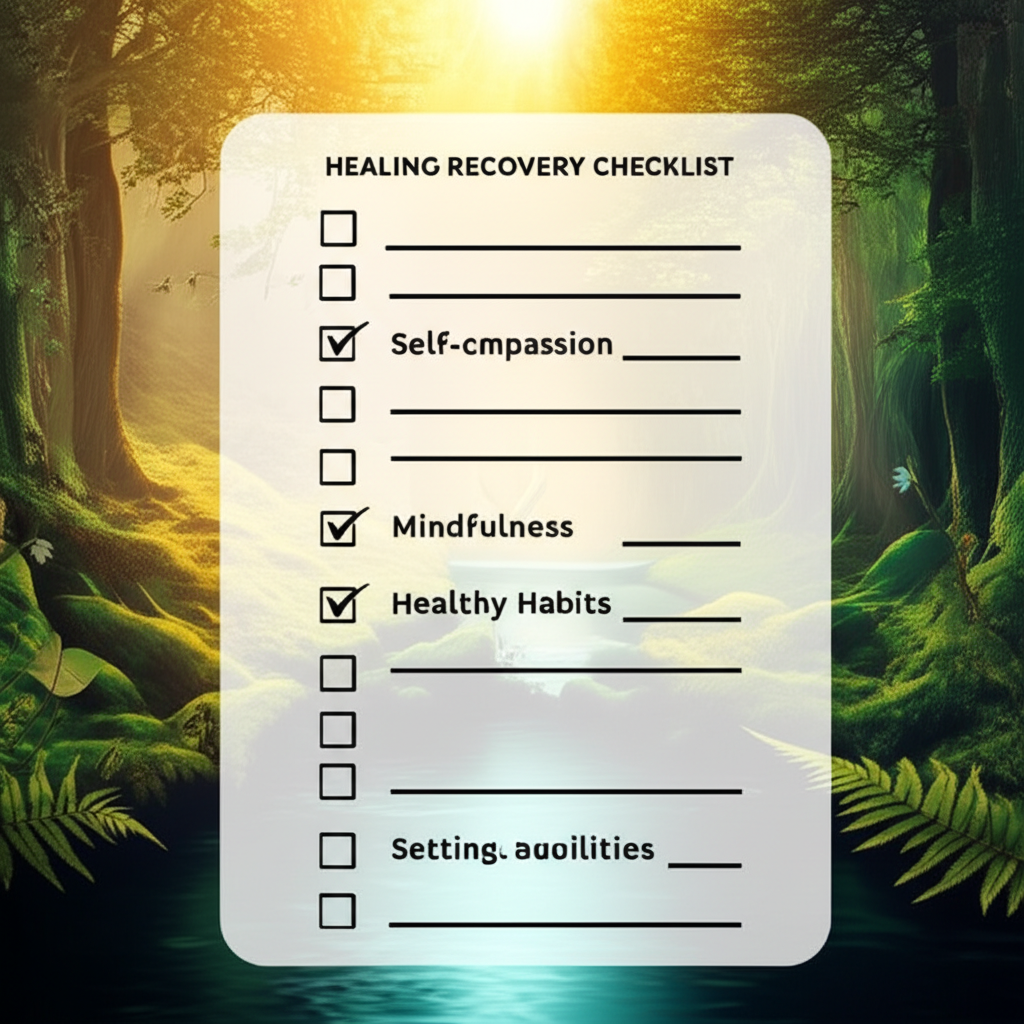Healing is Possible
Trauma doesn't define you. You have the strength to heal, grow, and create a life of meaning and connection beyond your past experiences.
Crisis? Call 988 immediately
National Suicide Prevention Lifeline - 24/7 support

Your Healing Journey
Step by step toward recovery
Understanding Trauma's Impact
Trauma affects the whole person - mind, body, and spirit. Recognizing these impacts is the first step toward healing and recovery.
- Intrusive memories and flashbacks
- Nightmares and sleep disturbances
- Anxiety, depression, and mood swings
- Difficulty concentrating and memory issues
- Emotional numbness or overwhelming feelings
- Hypervigilance and constant alertness
- Chronic pain and tension
- Digestive issues and appetite changes
- Headaches and fatigue
- Immune system dysfunction
- Substance abuse as coping mechanism
- Self-harm or risky behaviors
- Difficulty trusting others
- Social withdrawal and isolation
- Relationship conflicts and instability
- Work or academic performance issues
- Loss of interest in activities
- Feeling disconnected from others
Crisis Resources
If you or someone you know is in crisis or having thoughts of self-harm
National Suicide Prevention Lifeline
988
24/7 crisis support
Crisis Text Line
Text HOME to 741741
24/7 crisis support via text
RAINN National Sexual Assault Hotline
1-800-656-4673
Sexual assault support
Emergency Services
911
For immediate medical emergencies
Path to Healing
Trauma recovery involves multiple approaches. Here are evidence-based strategies to support your healing journey.
- Work with trauma-informed therapists
- Consider EMDR or trauma-focused therapy
- Explore somatic experiencing approaches
- Join trauma recovery support groups
- Work with psychiatrists for medication if needed
- Participate in intensive trauma treatment programs
- Practice yoga and gentle movement
- Try meditation and mindfulness
- Engage in breathwork exercises
- Explore art, music, or dance therapy
- Spend time in nature regularly
- Practice grounding and centering techniques
- Create safe, predictable environments
- Establish healthy daily routines
- Build strong support networks
- Learn to recognize triggers
- Develop healthy coping strategies
- Practice setting boundaries
- Focus on post-traumatic growth
- Reconnect with personal values
- Engage in meaningful activities
- Help others in their healing journey
- Celebrate small victories and progress
- Build resilience for future challenges
Your Healing Action Plan
Use this comprehensive checklist to guide your trauma recovery journey. Check off each item as you complete it.
Trauma Recovery Resources
Comprehensive resources to support your healing journey and connect you with specialized trauma care.
The Body Keeps the Score by Bessel van der Kolk
Understanding trauma's impact on the body
Trauma and Recovery by Judith Herman
Classic text on trauma psychology
Waking the Tiger by Peter Levine
Somatic experiencing approach to trauma
Complex PTSD by Pete Walker
Recovery from childhood trauma
My Name is Not Easy by Debby Dahl Edwardson
Understanding intergenerational trauma
Use this space to track your healing journey, triggers, coping strategies, and progress. Your notes are saved locally and remain private.
💡 Suggestions for your notes:
- Healing goals and milestones
- Triggers and early warning signs
- Coping strategies that work for you
- Safe people and places
- Progress and breakthrough moments
- Gratitude and positive experiences
You Are More Than Your Trauma
Healing from trauma is not about forgetting the past, but about reclaiming your power and creating a future filled with hope, connection, and meaning. You have survived the worst - now you can thrive.
Today
One moment of safety and self-compassion at a time.
This Year
Building resilience, processing pain, and discovering your strength.
Your Future
A life of meaning, connection, and post-traumatic growth.